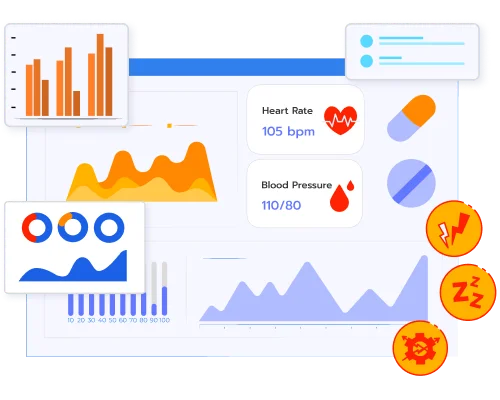
NeenOpal's Digital Innovation for Addiction Treatment: Transforming Recovery
Our client, a leader in addiction treatment innovation, sought to improve traditional recovery models, which had a 50% success rate over 17 years. Fragmented care and inconsistent assessments hindered effectiveness. NeenOpal developed a scalable, cloud-native SaaS platform—the Digital Risk Stratification Tool using advanced analytics for data-driven risk assessment, real-time insights, and automated reporting. This solution enables personalized care plans, enhances recovery outcomes, and transforms addiction treatment into an insight-driven, predictive healthcare model.























